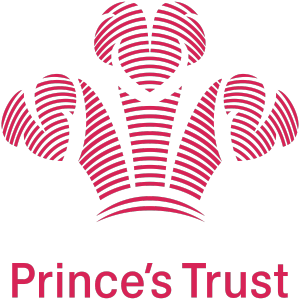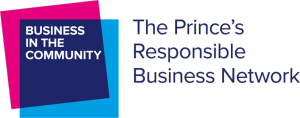
Access Generation CIC share insights at CIPD event
Last week, we joined Induction Junction at a CIPD Leicestershire Branch event to share some of our insights from young people’s feedback and perceptions of trying to access jobs online.
Hazel Langley who runs Induction Junction, an online training solutions company, invited us to share the stage to talk to HR professionals about changing learning styles.
The event was well attended by HR professionals and learning and development practitioners, at the Quorn Country Hotel on the 3rd of May.
Hazel shared her thoughts with us following the event: “Access Generation highlighted that company careers web pages might inadvertently be turning off exactly the people a company should be looking to attract.
“As employees become less dependent on HR teams the role of the learning and development team is shifting. They have to lead and support change in a company by firstly getting up close and personal to existing and new technologies that can be deployed in a learning environment.”
Here’s a summary of what was discussed …
Pace of change
Hazel started by sharing her insights on the advances in technology that companies should keep abreast of and explore to see how they can use technology for on the job training. She gave the audience a chance to try their hand (or eyes) at virtual reality and augmented reality technology.
Balance of learning styles
We shared feedback from young people that suggests a balance of learning styles is needed on the job. A combination of work experience, coaching and structured training events.
Based on our conversations with young people, they suggested that they are far more comfortable to go online to access information or even seek out online tutorials. As example, Chris shared his experience of graduates being given a task at 11am to map out a process using a software they had no previous experience with and by the same afternoon the graduates had found out how to use the software and completed the task. So don’t underestimate the benefits of employing young people.
Young people’s expectations of technology
The HR professionals were surprised to hear that 70% of companies assessed by young people from De Montfort University and Talent Match Leicester were not fit for purpose in terms of accessibility and ease of use online (read the previous article to find out more).
It was noted in discussion that a young person’s expectations were based on their own online experience and different to that of an audience of HR professionals. So, as a simple example a young person would find it unacceptable and odd that they would be expected to download a form, fill it in by hand and scan it to upload it again. In their eyes, this would reflect badly on the prospective employer. In addition, young people expect to be able to track online activity or orders so for an application form to be submitted and then go into a ‘black hole’ with no progress or feedback is difficult for young people to understand.
So as Hazel demonstrated it is important for companies to keep abreast of changing technology and apply them where necessary.
Learning must be linked to progression
We also shared with them the top criteria a young person looks for when searching for a prospective employer. Young people ranked potential for progression as a key factor in their decision making when choosing to apply for a job.
Young people want to know that learning or job training is linked to progression within the role or a way of getting to the next level. Generalised online content with regard to learning and development carried little weight as “they all say that anyway”. So learning needs to relate directly to achievement and meeting expectations (it was discussed that going forward there may be different audiences in the workplace ranging from young people to those that are not yet able to retire – so 16 to 75 year olds).
We shared with the audience that 50% of companies assessed by young people did not clearly state what was expected from a role and what skills they were looking for.
From the research we found out that a job description needs to clearly state what is involved or expected of them. Using technical language or industry jargon happens frequently and again forms a barrier for inexperienced young people.
In addition, support through the application process is very important, the job application process for experienced people is set up as a filter and a challenge to find the best candidate. For inexperienced young people the process needs to support the young person and show them how to make a good application.
Our call to action for companies
At the end of the talk we asked the HR professionals in the room to consider the following questions:
- Are you happy with your candidate journey experience on your company website?
- Are you getting across and saying the right things online to attract young people?
- Who in the business owns the careers/jobs section of the company website?
If you want your company to be included in our research, would like to support our work or would like feedback on your current careers online content do contact us.














